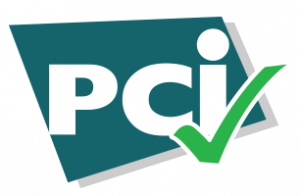Although much about the nature of the collections business has changed over the history of modern finance, process control and staff monitoring remain critical elements of the collections industry. Proper process control doesn’t just eliminate the possibility of suffering regulatory penalties for violations of laws such as the Telephone Consumer Protection Act of 1991 (TCPA)—it also eliminates wasteful allocation of resources. Similarly, even the best-intentioned and well-trained employee is still human, and humans make errors, whether due to mental fatigue or other factors.
The TCPA prohibits a range of practices once employed by solicitors, including calls to residential numbers before 8am or after 9pm local time and the use of artificial or pre-recorded voice messages. While the TCPA also establishes an opt-in Do Not Call (DNC) registry and requires every company engaging in telephone contact to maintain an internal DNC request list and honor such requests for a minimum of 5 years, the majority of its rules apply to solicitors regardless of whether or not the number they are dialing has been so registered. Because each individual instance of a TCPA rules violation is subject to civil litigation with a minimum penalty of $1,500 per violation, solicitors and ARM companies must take every precaution to avoid violating the rules, because these fines can decimate a business’s profitability.
Accounts receivable management can be made easier with the application of proper technology and information processing, however, and many innovative companies are designing software and services to do just that. The most important part of a successful collections campaign is obtaining the right contact. Software makes obtaining right party contact (RPC) and utilizing this information easier for ARM companies. Isolating the home, work, and mobile numbers of a consumer becomes an automated process tied to specific time windows; this data is then automatically presented to a collections staff agent so that these numbers are contacted within multiple time windows throughout the course of the day. It also automatically screens out time windows during which a TCPA violation would be constituted according to the local time zone of the number dialed.






